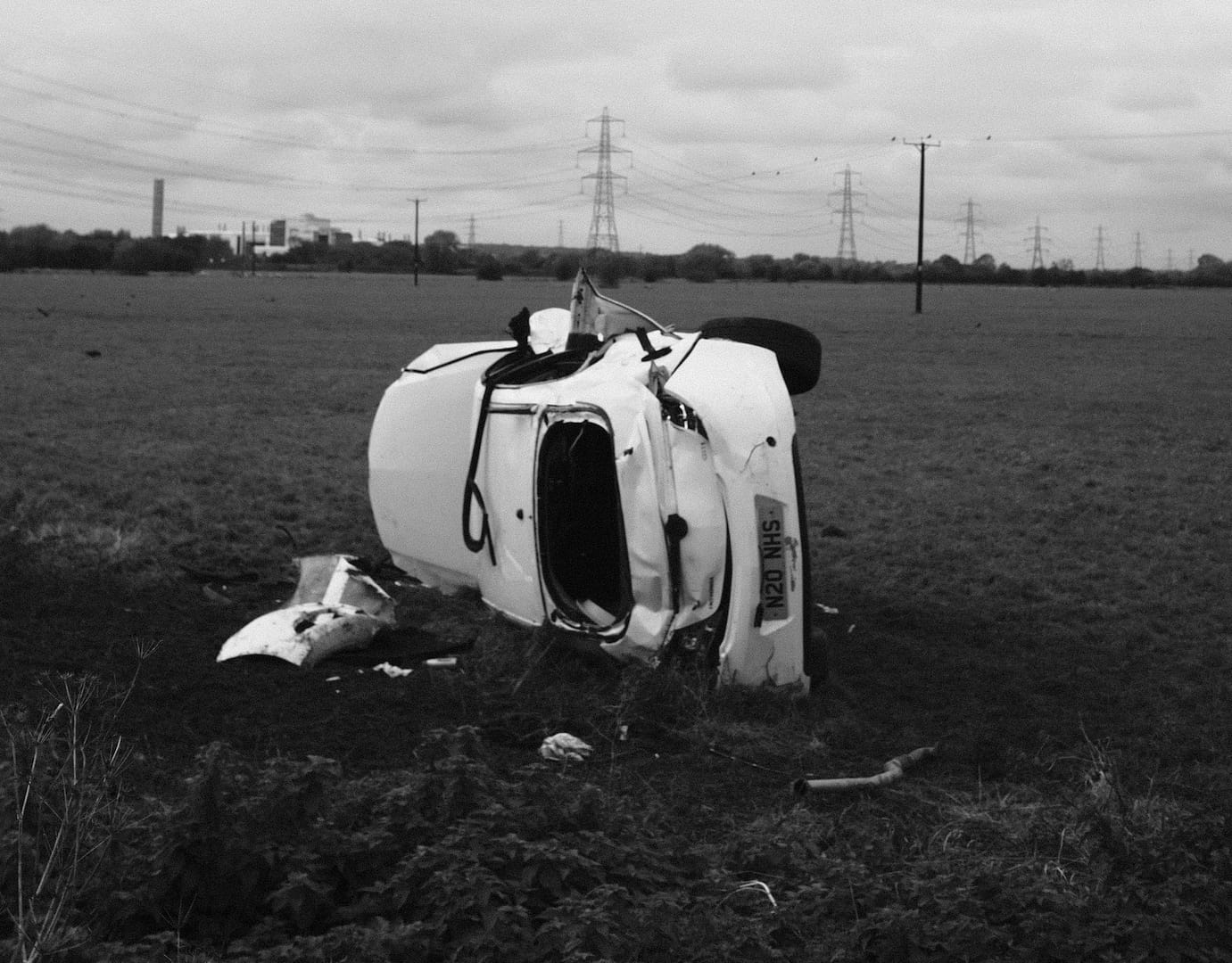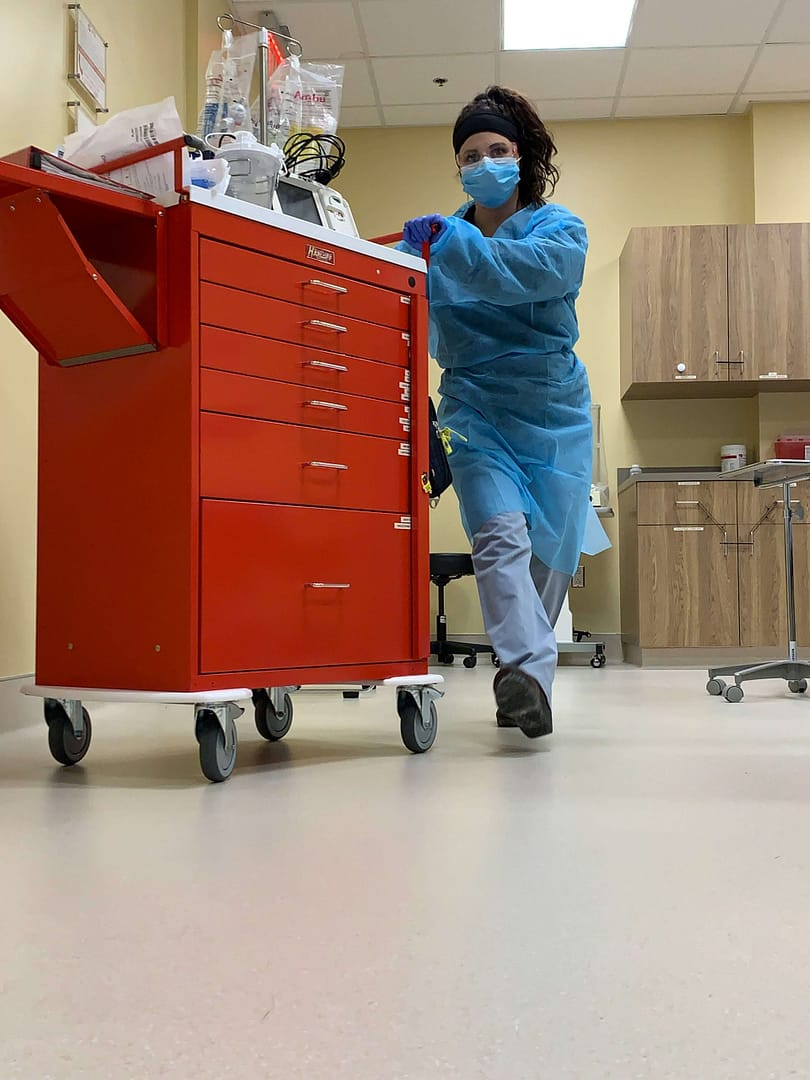Working after experiencing a spinal cord injury can be a daunting prospect. The road to recovery is often long and challenging, and many individuals wonder if they will ever be able to return to the workplace. However, with the right support, accommodations, and determination, it is indeed possible to resume employment after a spinal cord injury. In this article, we will explore the journey of getting back in the workplace following such an injury, the considerations one should keep in mind, and the potential opportunities and challenges that lie ahead as well as the steps that need to be taken in order to claim compensation for your serious injury.
Can You Work After a Spinal Cord Injury?
Assessing Individual Abilities and Limitations
Each spinal cord injury is unique, and its impact on an individual’s ability to work varies greatly. The severity and level of the injury, as well as the resulting physical and functional limitations, play a significant role in determining one’s work options. It is crucial to consult with medical professionals, including physiatrists and occupational therapists, who can assess the specific abilities and limitations of the individual.
Seeking Vocational Rehabilitation Services
Vocational rehabilitation services can be instrumental in assisting individuals with spinal cord injuries to reenter the workforce. These services provide guidance and support in identifying suitable job opportunities, developing necessary skills, and securing accommodations in the workplace. By working closely with vocational rehabilitation counselors, individuals can receive customized assistance tailored to their unique needs and aspirations.
Adaptive Technology and Workplace Accommodations
Advancements in adaptive technology have opened up new possibilities for individuals with spinal cord injuries to perform a wide range of jobs. Assistive devices, such as voice recognition software, ergonomic tools, and mobility aids, can enhance independence and productivity in the workplace. Moreover, employers are increasingly recognizing the importance of workplace accommodations, such as modified workstations, accessible facilities, and flexible schedules, to enable employees with disabilities to thrive.
Should I Go Back to Work After a Spinal Cord Injury?
Personal Considerations and Goals
Deciding whether to return to work after a spinal cord injury is a deeply personal choice. Many factors come into play, including physical and emotional readiness, financial considerations, and personal goals. Some individuals may find fulfillment and a sense of purpose in their careers, while others may prioritize focusing on their rehabilitation and well-being. There is no right or wrong answer, and individuals must carefully weigh their options and make a decision that aligns with their aspirations and circumstances.
Financial Implications and Benefits
Returning to work can have significant financial implications for individuals with spinal cord injuries. Employment not only provides a steady income but also access to health insurance and other benefits that are crucial for managing ongoing medical expenses. Moreover, working can contribute to a sense of financial independence and empowerment, boosting self-esteem and overall well-being. It is essential to consult with financial advisors and disability benefit specialists to understand the impact of returning to work on one’s financial situation.
Emotional and Social Considerations
The emotional and social aspects of returning to work should not be overlooked. Employment offers a sense of belonging, social connections, and opportunities for personal growth. Being part of a team and engaging in meaningful work can contribute to a sense of normalcy and community inclusion. However, it is essential to maintain a work-life balance and prioritize self-care to prevent burnout and ensure overall well-being.

Making a Serious Injury Claim
Understanding Your Rights
When facing a spinal cord injury, it is crucial to be aware of your rights and the potential for making a serious injury claim. If your injury resulted from someone else’s negligence or wrongdoing, you may be entitled to compensation for medical expenses, lost wages, rehabilitation costs, and other related damages. Consulting with National Claims, where we specialise in spinal cord injury cases can help you navigate the claims process and ensure your rights are protected.
Gathering Evidence and Documentation
To strengthen your injury claim, gathering relevant evidence and documentation is essential. This may include medical records, treatment plans, witness statements, and any other evidence that supports your case. Working closely with your legal team, you can ensure that all necessary information is compiled to present a compelling argument for compensation.
Seeking Professional Legal Guidance
Navigating the legal complexities of a serious injury claim can be overwhelming, particularly when dealing with the physical and emotional challenges of a spinal cord injury. Seeking professional legal guidance is crucial to ensure that your claim is handled effectively and that you receive the compensation you deserve. We at National Claims will guide you through the legal process, negotiate with insurance companies, and advocate for your rights.
Conclusion
Returning to the workplace following a spinal cord injury requires careful consideration, support, and often legal guidance. By understanding your rights, seeking professional legal guidance, and gathering evidence for a serious injury claim, you can secure the financial resources necessary to support your rehabilitation and transition back to work. While the decision to pursue a claim is a personal one, it is essential to explore all available options and resources to ensure that your rights are protected and that you can rebuild your life after a spinal cord injury. With the right support systems in place, you can embark on this journey with confidence, knowing that you have the tools and resources to navigate the challenges and achieve success in the workplace once again.
Contact our claims specialists today to start your claim and to find out more about how we deal with serious injury claims.
Click below to see why we are one of the most trusted claims management companies in the UK.

We’re proud of our excellent customer reviews
We thrive on delivering exceptional service and ensuring our clients’ satisfaction. Don’t just take our word for it. Check out some of our independent reviews to see what our clients have to say.
Excellent

This firm is excellent, they sorted out my car pay out and injury claim very fast, they always communicate with you all the time.

My accident case was dealt with confidence and with great result of the outcome, especially James kept me informed all the time.

I was very impressed at the way my inquiry was treated. I was listened to attentively and everything I needed to know was explained to me.






